December 1 stands as one of history’s most eventful days, witnessing the rise and fall of empires, groundbreaking discoveries, and moments that shaped our modern world across centuries of human achievement.
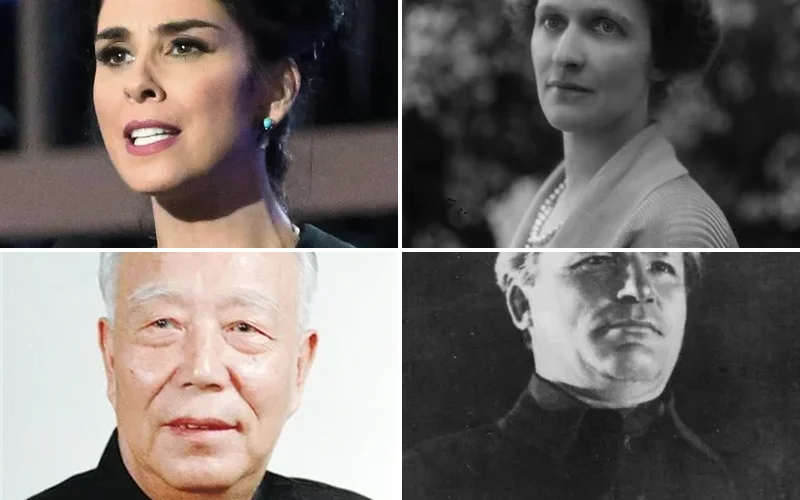
Politics and Government Events on December 1
1918 – Transylvania Unites with Romania
Romania achieved its territorial dreams when Transylvania officially united with the kingdom on this historic date. The unification followed earlier incorporations of Bessarabia and Bukovina, completing the Great Union.
This momentous political transformation created modern Romania’s borders and fulfilled centuries of nationalist aspirations. The union represented one of World War I’s most significant territorial realignments in Eastern Europe.
1919 – Lady Astor Takes Her Seat in Parliament

Nancy Astor shattered parliamentary tradition by becoming the first woman to take her seat in Britain’s House of Commons. Her groundbreaking entrance marked a revolutionary moment for women’s political participation.
The American-born aristocrat had won her election just days earlier following her husband’s elevation to the House of Lords. Her presence fundamentally changed the masculine culture of British parliamentary democracy.
1955 – Rosa Parks Refuses to Give Up Bus Seat

Montgomery seamstress Rosa Parks sparked the modern Civil Rights Movement by refusing to surrender her bus seat to a white passenger. Her arrest for violating segregation laws ignited citywide protests.
Parks’ quiet act of defiance catalyzed the Montgomery Bus Boycott, which lasted 381 days and brought national attention to racial injustice. Her courage inspired generations of civil rights activists across America.
1988 – Benazir Bhutto Becomes Pakistan’s Prime Minister

Benazir Bhutto made history by becoming the first woman to lead a Muslim nation in modern times. Her appointment as Pakistan’s Prime Minister broke centuries of male political dominance in the Islamic world.
The Harvard-educated daughter of executed former Prime Minister Zulfikar Ali Bhutto brought democratic hopes to Pakistan. Her leadership represented a beacon of women’s empowerment across developing nations.
1991 – Ukraine Votes for Independence
Ukrainian voters overwhelmingly approved independence from the Soviet Union in a referendum that sealed the USSR’s fate. The massive turnout demonstrated Ukraine’s determination to chart its own course.
This decisive vote effectively ended the Soviet Union’s existence and created Europe’s second-largest country. The referendum results shocked Moscow and accelerated the collapse of communist control.
2000 – Vicente Fox Inaugurated as Mexico’s President

Vicente Fox’s inauguration marked Mexico’s first peaceful transfer of power to an opposition party following free elections. His victory ended seven decades of single-party rule by the Institutional Revolutionary Party.
The former Coca-Cola executive brought democratic legitimacy to Mexican politics after generations of authoritarian control. His presidency represented a watershed moment in Latin American democratic development.
Military and Naval History on December 1
1941 – Emperor Hirohito Approves War Against United States

Emperor Hirohito granted his tacit approval to Japan’s imperial council decision to initiate war against America. This fateful decision set the stage for Pearl Harbor’s attack just days later.
The emperor’s consent represented the culmination of months of military planning and diplomatic failures. His approval sealed Japan’s entry into World War II and transformed the Pacific conflict.
1941 – Civil Air Patrol Created in New York

Mayor Fiorello La Guardia signed Administrative Order 9, establishing the Civil Air Patrol as America prepared for war. This civilian aviation organization would prove crucial for homeland defense efforts.
The CAP’s creation reflected growing concerns about potential enemy attacks on American soil. Volunteer pilots would soon patrol coastlines, search for survivors, and support military operations.
1939 – Finnish Parliament Flees Soviet Airstrikes
Finland’s parliament evacuated Helsinki for Kauhajoki as Soviet airstrikes intensified during the Winter War’s opening phase. The Cajander government resigned, replaced by Risto Ryti’s wartime administration.
This dramatic evacuation demonstrated the Soviet Union’s overwhelming military superiority and Finland’s desperate situation. The government’s flight symbolized the small nation’s struggle for survival against impossible odds.
1971 – Vietnam War Draft Lottery Conducted
The United States conducted its first military draft lottery since World War II, determining which young men would serve in Vietnam. The televised event dramatically affected millions of American families.
Birth dates drawn from a rotating drum decided military service obligations for an entire generation. The lottery system replaced previous draft methods and intensified anti-war protests across college campuses.
Science and Discovery Milestones on December 1
1984 – NASA Conducts Controlled Impact Demonstration
NASA deliberately crashed a Boeing 720 airliner in the California desert to test crash survival technologies. The Controlled Impact Demonstration generated crucial data for improving passenger safety systems.
Remote-controlled aircraft systems guided the jetliner into the ground at precise angles and speeds. The experiment’s findings revolutionized aircraft design and enhanced emergency evacuation procedures worldwide.
1990 – Channel Tunnel Sections Meet Beneath English Channel
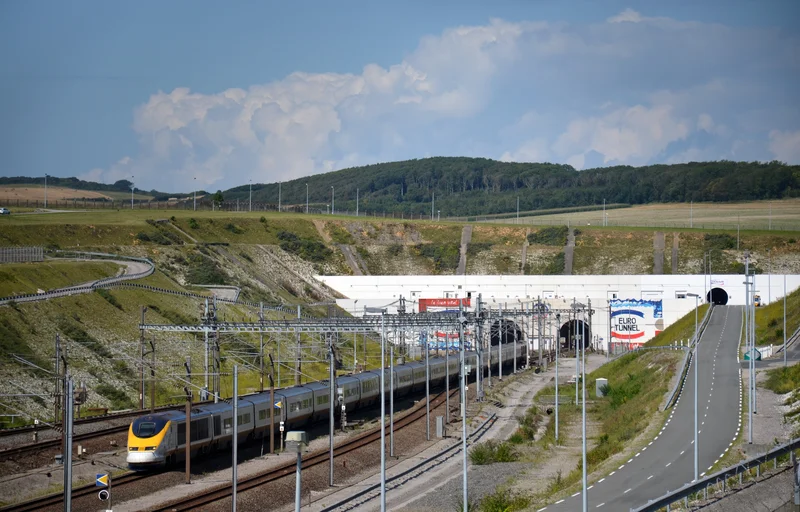
British and French tunnel sections connected beneath the English Channel seabed, achieving one of engineering’s greatest triumphs. The historic breakthrough linked Britain to continental Europe for the first time since the Ice Age.
Tunnel workers from both nations celebrated as their boring machines finally met after years of precise excavation. The connection represented a marvel of modern engineering and international cooperation.
2020 – Arecibo Telescope Collapses
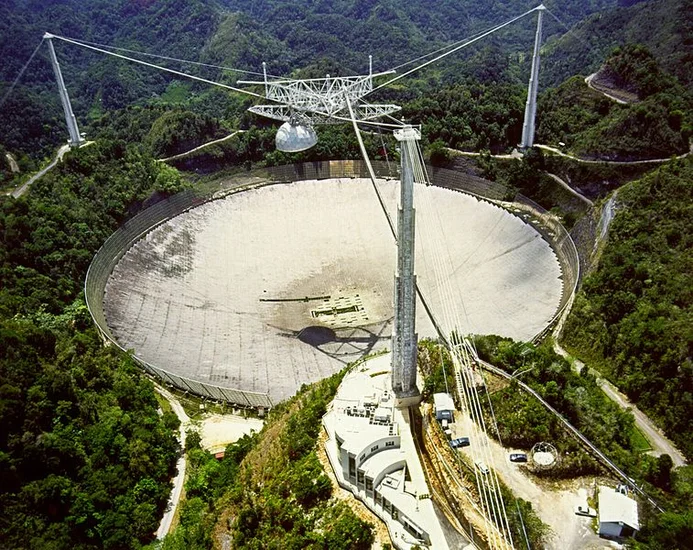
Puerto Rico’s iconic Arecibo Observatory collapsed after decades of groundbreaking astronomical research and extraterrestrial communication attempts. The massive radio telescope’s destruction marked the end of an era in space science.
The 1,000-foot dish had discovered the first exoplanets and searched for signs of alien intelligence. Its collapse devastated the scientific community and eliminated a crucial tool for understanding the universe.
Cultural and Arts Events on December 1
1952 – Christine Jorgensen Sex Reassignment Surgery Reported
The New York Daily News broke the story of Christine Jorgensen, the first widely publicized case of sex reassignment surgery in America. Her transition sparked national conversations about gender identity and medical ethics.
Jorgensen’s public revelation challenged traditional concepts of gender and sexuality in conservative 1950s America. Her courage opened discussions that would eventually lead to greater transgender rights and medical acceptance.
1958 – Our Lady of the Angels School Fire Kills 95
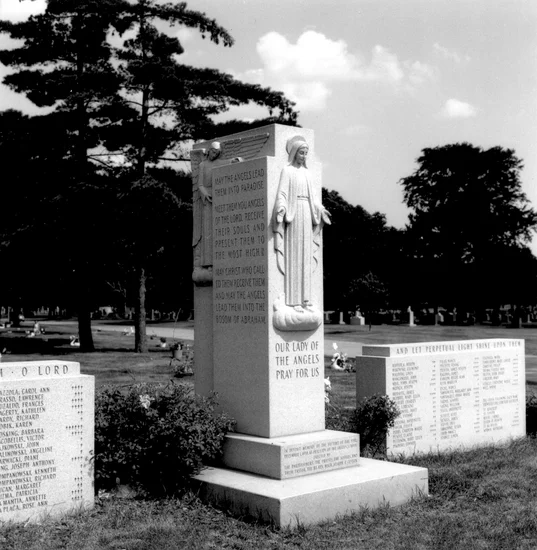
A devastating fire at Our Lady of the Angels School in Chicago claimed 92 children and three nuns. The tragedy exposed dangerous fire safety conditions in American schools nationwide.
The horrific blaze began in a basement stairwell and quickly spread through the building’s upper floors. Survivors’ accounts of the disaster led to comprehensive reforms in school fire safety regulations.
1988 – World AIDS Day Proclaimed
United Nations member states proclaimed the first World AIDS Day to raise awareness about the growing epidemic. The global observance became an annual reminder of the disease’s devastating impact on communities worldwide.
The proclamation recognized AIDS as a global health crisis requiring international cooperation and resources. World AIDS Day mobilized governments, organizations, and individuals to combat stigma and promote prevention efforts.
Religious and Social Events on December 1
1918 – Iceland Becomes Sovereign State
Iceland achieved sovereign status while maintaining its connection to the Danish kingdom through personal union. This arrangement granted Icelanders greater autonomy while preserving traditional monarchical ties.
The sovereignty agreement ended centuries of direct Danish rule and established Iceland’s path toward complete independence. Icelandic leaders negotiated carefully to balance national aspirations with practical political considerations.
1934 – Sergei Kirov Assassinated in Leningrad
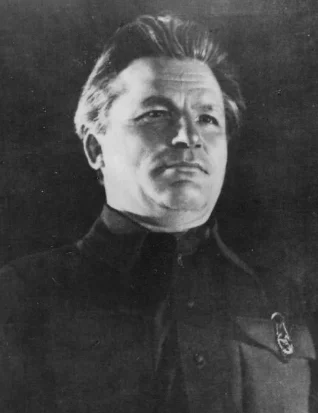
Soviet official Sergei Kirov’s assassination in Leningrad provided Stalin with the pretext for launching the Great Purge. The mysterious killing eliminated one of Stalin’s potential rivals and unleashed unprecedented terror.
Kirov’s death marked the beginning of Stalin’s systematic elimination of Communist Party members and ordinary citizens. The assassination’s circumstances remain controversial, with many historians questioning Stalin’s potential involvement.
1997 – Ranvir Sena Attacks Village in Bihar
The upper-caste Ranvir Sena militia attacked Lakshmanpur-Bathe village in Bihar, killing 63 lower-caste residents in a horrific massacre. The attack highlighted India’s ongoing caste violence and social tensions.
The massacre targeted supporters of the Communist Party of India, revealing the intersection of caste and political conflicts. The brutality shocked the nation and exposed the failure of local authorities to protect vulnerable communities.
Business and Economic Events on December 1
1913 – Buenos Aires Metro Begins Operation
South America’s first subway system commenced operations in Buenos Aires, marking a transportation revolution for the Southern Hemisphere. The underground railway represented Argentine engineering prowess and urban modernization.
The metro system connected key areas of Argentina’s capital and demonstrated the nation’s commitment to infrastructure development. Its success inspired similar projects across Latin America and established Buenos Aires as a regional leader.
1924 – Boston Bruins Play First NHL Game
The Boston Bruins became the National Hockey League’s first United States-based franchise, playing their inaugural game at Boston Arena. Their entry marked the NHL’s expansion beyond Canadian borders.
The team’s establishment reflected growing American interest in professional hockey and expanded the sport’s commercial potential. The Bruins’ success would help hockey gain popularity throughout the United States.
2006 – South Africa Legalizes Same-Sex Marriage
South Africa became the first African nation to legalize same-sex marriage, demonstrating remarkable social progress. The groundbreaking legislation reflected the country’s commitment to equality and human rights.
The law’s implementation occurred despite significant religious and cultural opposition across the continent. South Africa’s bold step inspired LGBTQ+ rights movements throughout Africa and developing nations worldwide.
Transportation and Infrastructure on December 1
1913 – Buenos Aires Metro Opens
The first underground railway system in the Southern Hemisphere began operations in Buenos Aires, revolutionizing urban transportation. This engineering marvel connected Argentina’s capital through an extensive tunnel network.
The metro’s opening demonstrated South American technical capabilities and urban planning sophistication. The system’s success established Buenos Aires as a modern metropolis and inspired similar projects across Latin America.
2011 – Alma-Ata Metro Opens in Kazakhstan
Kazakhstan’s largest city inaugurated its first subway system, connecting key districts through modern underground transportation. The Alma-Ata Metro represented the nation’s commitment to urban development and infrastructure modernization.
The new system reduced traffic congestion and provided efficient public transportation for millions of residents. Its opening marked a significant milestone in Kazakhstan’s post-Soviet development and urban planning efforts.
1974 – TWA Flight 514 Crashes Near Dulles Airport
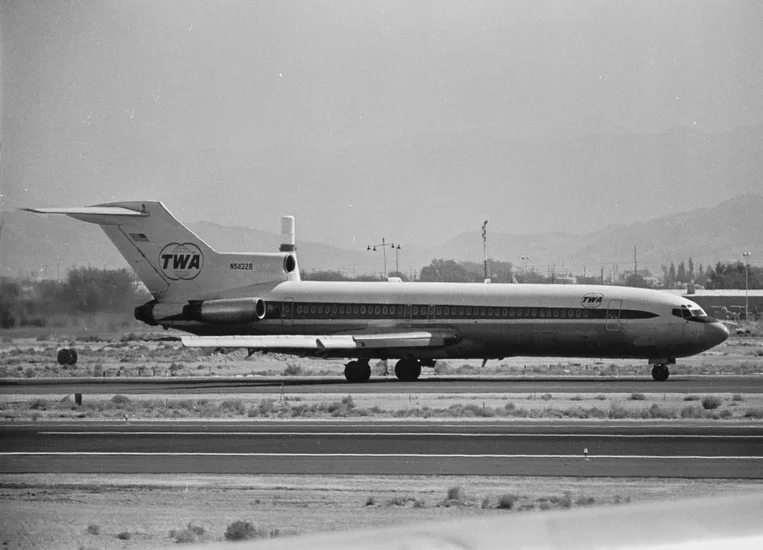
A Boeing 727 operating as TWA Flight 514 crashed in the Virginia mountains, killing all 92 people aboard. The accident exposed dangerous approach procedures and weather-related navigation challenges.
The tragedy led to significant improvements in aviation safety protocols and instrument landing procedures. Investigators’ findings enhanced pilot training and airport approach systems nationwide.
Sports and Recreation on December 1
1924 – Boston Bruins Play First NHL Game
The Boston Bruins made hockey history by becoming the NHL’s first American franchise, playing their inaugural game at Boston Arena. Their entry marked professional hockey’s expansion into the United States market.
The team’s establishment reflected growing American enthusiasm for ice hockey and expanded the sport’s commercial appeal. The Bruins’ success would help establish hockey as a major American professional sport.
2019 – Arsenal Women Set Scoring Record
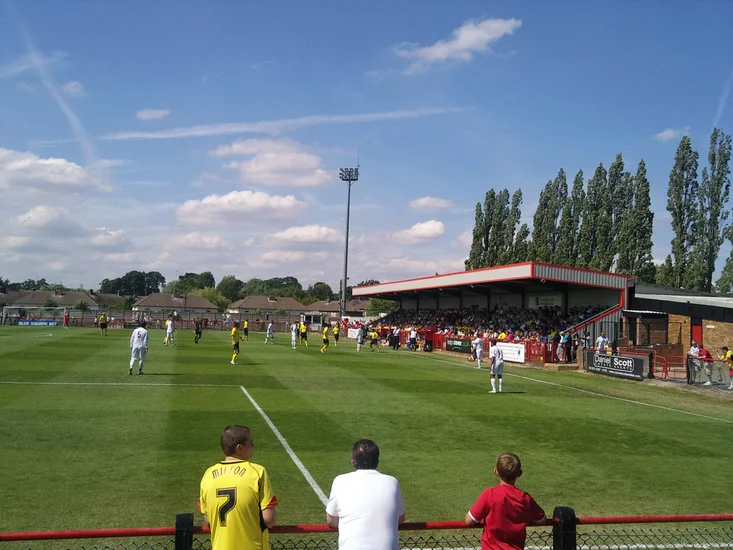
Arsenal Women demolished Bristol City Women 11-1, setting a new FA Women’s Super League record for most goals in a single match. Vivianne Miedema contributed to ten of Arsenal’s eleven goals in the historic victory.
The extraordinary performance showcased women’s football’s growing popularity and competitive intensity. The match highlighted the sport’s development and attracted increased attention to women’s professional soccer.
Notable Births on December 1
1912 – Minoru Yamasaki Born
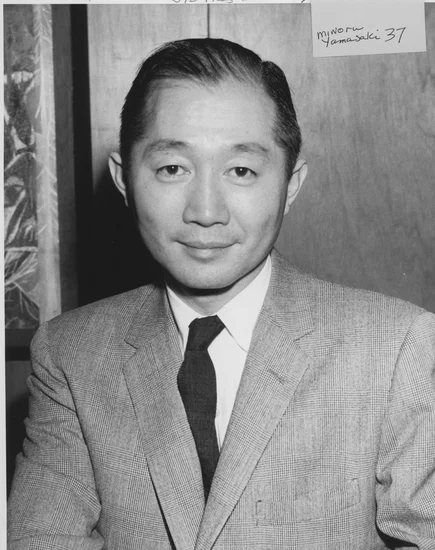
American architect Minoru Yamasaki entered the world in Seattle, Washington, beginning a journey that would reshape urban skylines. His Japanese-American heritage influenced his distinctive architectural philosophy.
Yamasaki would design the World Trade Center towers and numerous other iconic structures. His modernist approach combined functionality with aesthetic beauty, creating landmarks that defined American architecture.
1916 – Wan Li Born
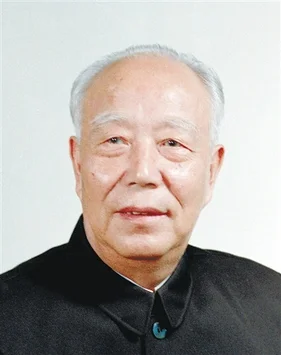
Chinese politician Wan Li was born in Shandong Province, starting a career that would span China’s revolutionary transformation. His early education prepared him for leadership roles in the Communist Party.
Wan Li became China’s fourth Vice Premier and played crucial roles in economic reform policies. His contributions helped modernize China’s economy and establish market-oriented development strategies.
1933 – Lou Rawls Born

American singer Lou Rawls was born in Chicago, Illinois, beginning a legendary career in soul and jazz music. His childhood in the segregated South shaped his understanding of African American musical traditions.
Rawls would become one of America’s most distinctive vocalists, known for his smooth baritone voice. His recordings bridged jazz, soul, and pop music, earning him multiple Grammy Awards and lasting fame.
1940 – Richard Pryor Born
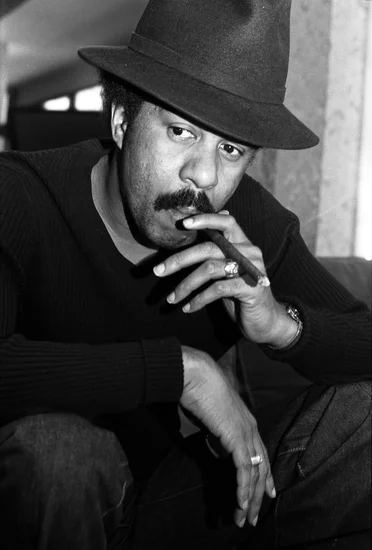
Comedian Richard Pryor was born in Peoria, Illinois, starting a turbulent journey that would revolutionize American comedy. His difficult childhood in a brothel environment provided raw material for his groundbreaking performances.
Pryor’s honest, controversial comedy challenged racial stereotypes and social conventions throughout his career. His fearless approach to taboo subjects influenced generations of comedians and transformed stand-up comedy.
1945 – Bette Midler Born
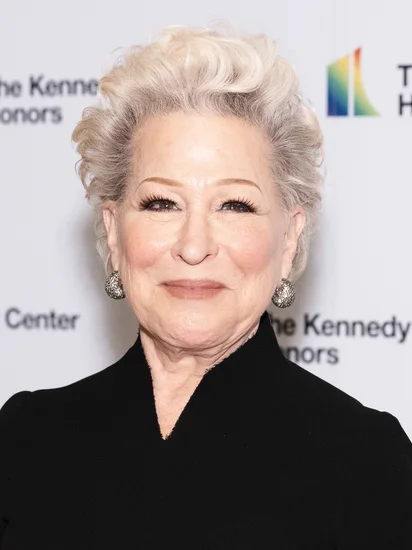
American entertainer Bette Midler was born in Honolulu, Hawaii, beginning a multi-faceted career spanning music, theater, and film. Her early performances in bathhouses established her flamboyant performing style.
Midler became known as the “Divine Miss M” for her powerful voice and theatrical stage presence. Her versatility earned her Grammy Awards, Tony Awards, and Golden Globe recognition.
1949 – Pablo Escobar Born
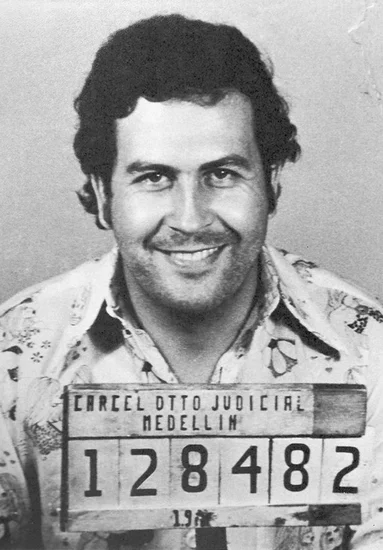
Colombian drug lord Pablo Escobar was born in Rionegro, Colombia, starting a life that would terrorize nations and reshape global drug trafficking. His humble origins concealed his future criminal empire.
Escobar built the world’s most powerful cocaine cartel and became one of history’s wealthiest criminals. His violence and corruption destabilized Colombia and influenced international drug policy for decades.
1970 – Sarah Silverman Born

American comedian Sarah Silverman was born in Bedford, New Hampshire, beginning a career that would challenge comedy’s boundaries. Her early struggles with depression influenced her later comedic perspectives.
Silverman became known for her provocative humor and willingness to tackle controversial subjects. Her television shows and stand-up performances pushed comedic limits while addressing social issues.
Notable Deaths on December 1
1934 – Sergey Kirov Dies

Soviet politician Sergey Kirov was assassinated in Leningrad, providing Stalin with justification for the Great Purge. His death marked the beginning of unprecedented terror in the Soviet Union.
Kirov had been considered a potential rival to Stalin’s absolute power within the Communist Party. His mysterious assassination remains controversial, with many historians questioning Stalin’s possible involvement in the killing.
1947 – Aleister Crowley Dies

British occultist Aleister Crowley died in Hastings, England, ending a controversial life dedicated to mysticism and magic. His unconventional beliefs and practices shocked Victorian and Edwardian society.
Crowley founded the religion of Thelema and wrote extensively about occult practices and philosophy. His influence on modern paganism and alternative spirituality continues to this day.
1973 – David Ben-Gurion Dies

Israel’s first Prime Minister David Ben-Gurion died in Tel Aviv, concluding a life dedicated to creating and building the Jewish state. His leadership proved crucial during Israel’s founding and early survival.
Ben-Gurion declared Israel’s independence in 1948 and guided the nation through its first wars. His vision of a modern, democratic Jewish state shaped Israel’s institutions and international relationships.
1987 – James Baldwin Dies
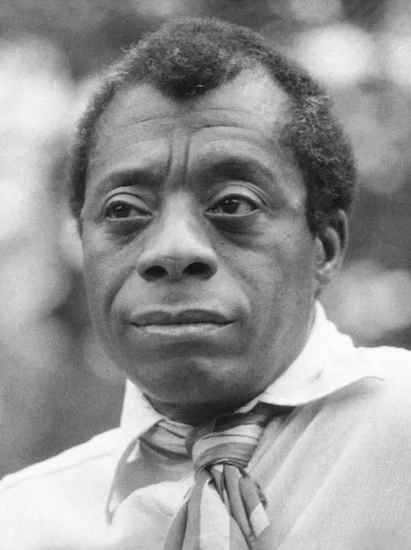
American author James Baldwin died in Saint-Paul-de-Vence, France, ending a literary career that explored race, sexuality, and identity. His essays and novels challenged American society’s assumptions about civil rights.
Baldwin’s eloquent writing bridged the gap between the Harlem Renaissance and the Civil Rights Movement. His works continue to influence discussions about race, equality, and social justice in America.
1997 – Stéphane Grappelli Dies
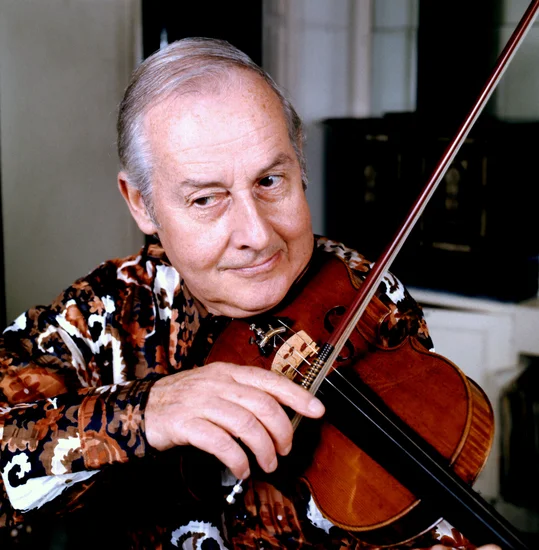
French violinist Stéphane Grappelli died in Paris, concluding a career that revolutionized jazz violin performance. His collaboration with Django Reinhardt created the legendary Quintette du Hot Club de France.
Grappelli’s innovative approach brought the violin to prominence in jazz music and influenced countless musicians. His sophisticated style bridged classical training with jazz improvisation and swing rhythms.
2023 – Sandra Day O’Connor Dies

Sandra Day O’Connor, the first woman to serve on the U.S. Supreme Court, died in Phoenix, Arizona. Her groundbreaking appointment in 1981 broke the gender barrier in America’s highest court.
O’Connor served as a crucial swing vote on the Court for 24 years, often determining landmark decisions. Her pragmatic approach to jurisprudence influenced American law on issues from abortion to affirmative action.
Holidays and Observances on December 1
World AIDS Day
World AIDS Day serves as a global reminder of the ongoing fight against HIV/AIDS and honors those affected by the epidemic. The observance mobilizes communities worldwide to raise awareness and combat stigma.
The day encourages education, prevention efforts, and support for those living with HIV/AIDS. Organizations worldwide use this occasion to advocate for better healthcare access and research funding.
Great Union Day – Romania
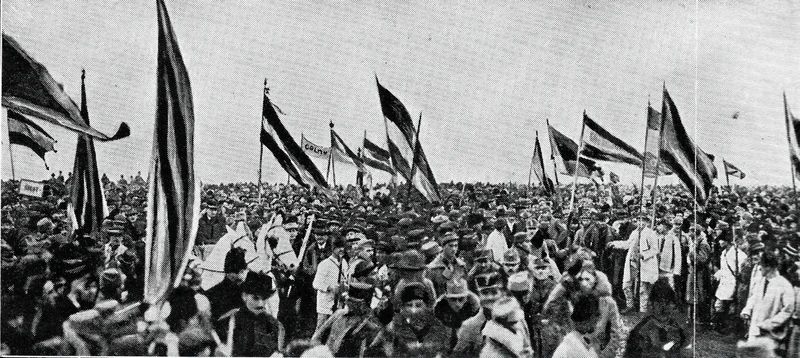
Romania celebrates Great Union Day, commemorating the 1918 unification of Transylvania with the Romanian kingdom. The holiday honors the completion of Romanian territorial unity and national independence.
The celebration marks one of Romania’s most significant historical achievements and reinforces national identity. Romanians observe the day with ceremonies, parades, and cultural events throughout the country.
Restoration of Independence Day – Portugal
Portugal observes Restoration of Independence Day, commemorating the 1640 end of Spanish rule and restoration of Portuguese sovereignty. The holiday celebrates the successful revolt against the Iberian Union.
The day honors Portuguese resistance to foreign domination and the restoration of national independence. Portuguese citizens mark the occasion with patriotic ceremonies and cultural celebrations nationwide.
